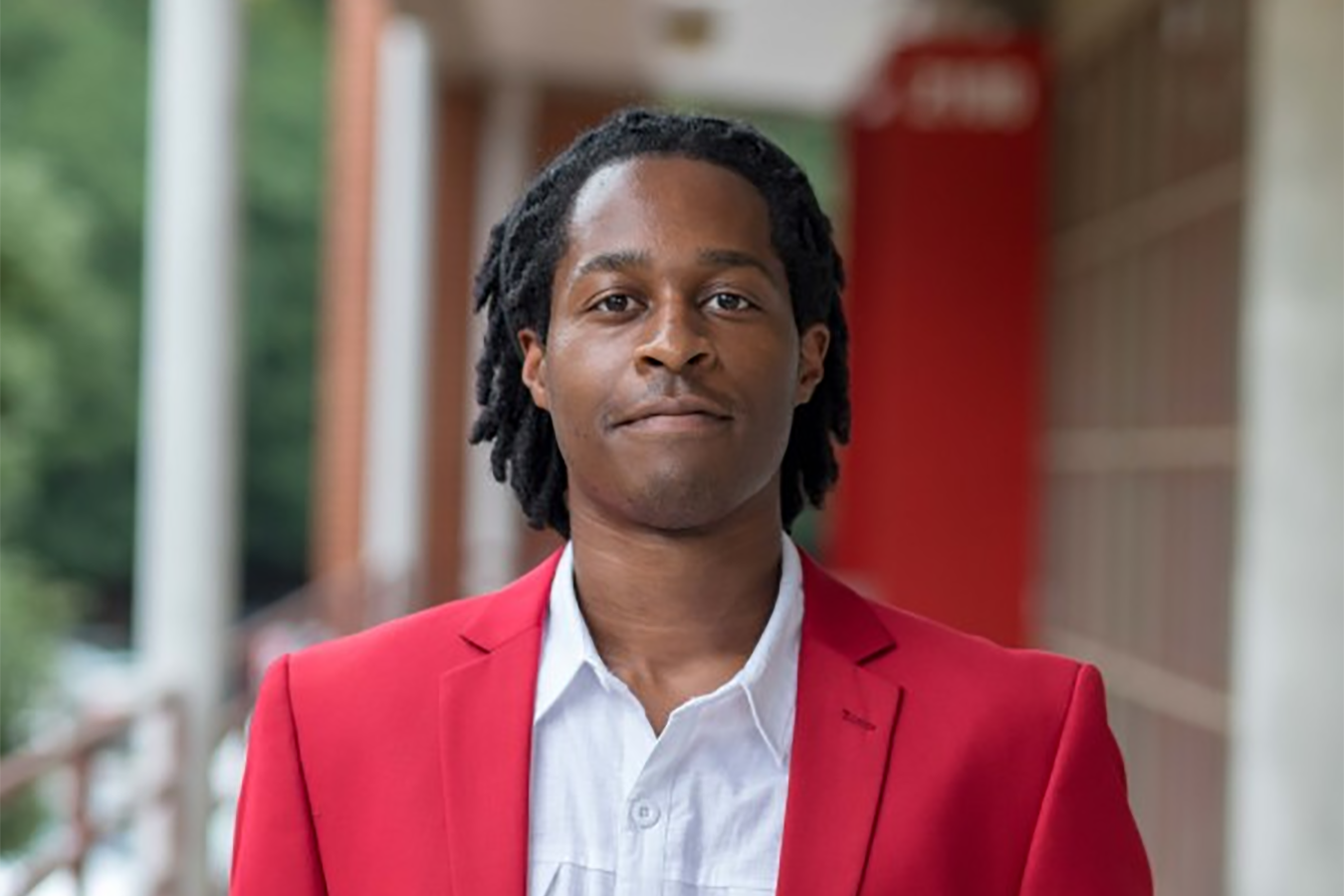
Alumni Spotlight: Turning a passion into a profession
September 27, 2021
Although he entered UNC as a physics major, a lifelong love of digital media and video games and a curiosity about how things are made inspired him to switch to computer science during his undergraduate years.
More recently, the COVID-19 pandemic upended Miller’s plans to conduct research on computational creativity in Belgium after he was awarded a Fulbright scholarship in the spring of 2020. Around the same time, some soul-searching led him to trade his PhD program for a full-time role as a data scientist with Zynga, a social game developer focused on mobile and social networking platforms.
We caught up with Miller to learn more about how he pursued his interests in computer science, his experiences in the CSS program, and his advice for current and future scholars.
How did you settle on computer science for your undergraduate degree?
I actually started off majoring in physics. I was pretty interested in engineering, and physics seemed like something I wanted to explore a bit more. Then, around the beginning of my junior year, I realized I didn’t really see myself in that field long-term. I gravitated toward computer science because it triggered some of the same curiosity that I wanted to explore with physics, but it was in mediums that I was more familiar with and wanted to engage with more. Digital media and games have always been a part of my life. There’s such a wide variety of things you can do. All you need is a computer, which makes it very accessible.
What was your path after leaving UNC?
I switched to the computer science major pretty late and didn’t feel like I had a great understanding of what interesting work was happening in that field, so there was no question that I would go to graduate school to keep learning more. That is what led me to a PhD program in computer science at NC State University. Although I was making good progress towards my PhD, the pandemic hit and everything shut down. That disruption—which included the disruption of my intended Fulbright experience—made me think about what I really wanted out of graduate school. Around that same time, I also started my first industry internship with Zynga, which helped me realize that a shift to industry would be the best choice for me. I chose to graduate with my MS in computer science and accepted a full-time role at Zynga after completing my internship.
What is your role with Zynga?
I’m working as a data scientist. A lot of what we do is stuff that I wanted to work on during my PhD program or even afterwards, but the resources and the scale at which things are being done is not something I could get in my academic environment. You may have an interesting idea, but when the rubber hits the road you have to figure out “Ok, is this viable?” I’ve been able to explore this practical aspect of the work I was interested in and really develop my skillset in terms of bringing ideas to life.
What type of computer science questions interest you?
In grad school, my research focus was on computational creativity. Now, I’m particularly interested in understanding how people play games and how we can deliver experiences that are more personalized. As someone who plays games myself, I always thought it would be interesting to experiment with the idea of a system robust enough to really consider the user in terms of the game experience. There are lots of different ways people can interact with games, whether through the actual gameplay, or art or music or whatever. It’s a really interactive medium that allows for a lot of interesting experiences.
How did your involvement in the CSS program impact you?
CSS was a perfect match for me at the time, giving me the freedom to explore my interests within a scholarship community. It was really helpful to have connections with the staff, because I often went to them with questions or concerns about grad school. Dr. Lauren Thomas, one of the previous program coordinators, was instrumental in helping me get my first undergraduate research experience, which was something I had wanted to do for a long time. I was able to conduct physics research through the NanoJapan program at the Tokyo Institute of Technology.
What advice do you have for current and future scholars, especially those looking to pursue a career in computer science fields?
Identify your interest and then refine it. If you want to be exploratory and solve ideas that other people aren’t working on, I think academia is a great place to do that. You can have a lot more flexibility in what you’re working on. Inevitably in industry, things are evaluated under the scope of practicality. Depending on what your interests are, you might actually find it easier to stay in academia as opposed to industry, or vice versa. It helps to have a realistic expectation of what will be the best setting for you to pursue your interests.
Always think intensely about what it is that you like to do, and then just do that thing.
